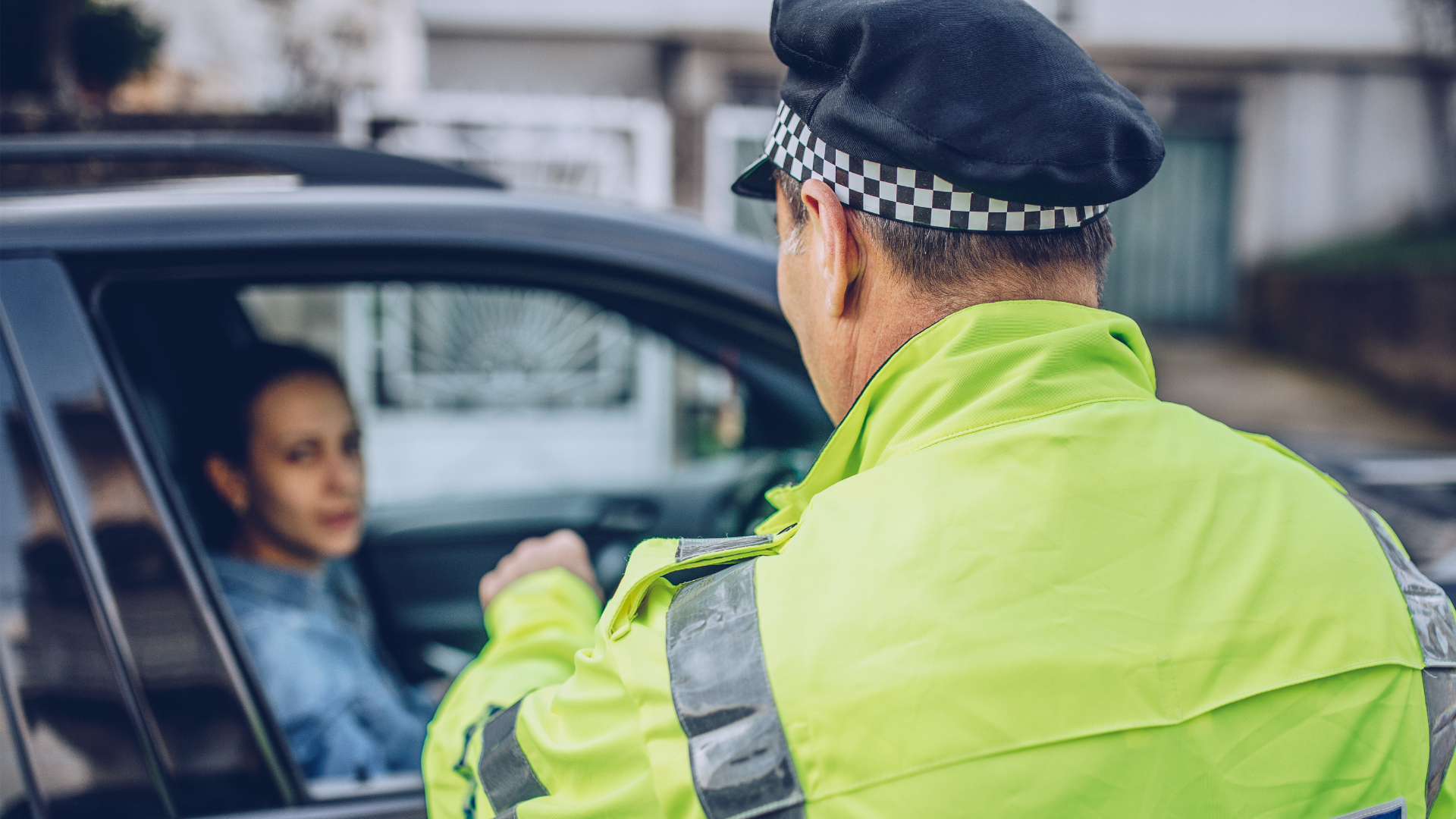
Understanding Drug Driving Charges in Scotland: What You Need to Know
What is Drug Driving and what Happens If You Are Facing Drug Driving Charges? Drug driving isn’t just about illegal...
Scullion News & Resources

As more and more vehicles hit Scotland’s roads, the enforcement of driving violations intensifies. But when does distraction or error behind the wheel lead to criminal charges? This article looks at building defences against allegations of causing death by dangerous driving.
In a 2017 case, lorry driver, Tomasz Kroker, was distracted by selecting music on his phone and crashed into stationary traffic. The devastating collision killed four people. Had he only committed the offence of using a mobile device while driving, Kroker likely faced six penalty points and a £200 fine. But due to his actions leading to the multiple deaths, he was sentenced to 10 years in prison for dangerous driving.
This tragedy highlights how outcomes can dramatically impact legal repercussions and sentencing severity.
In Scotland, Dangerous driving means operating a vehicle below the standard expected of a competent, careful driver with clear disregard for other road users’ safety. It is driving without proper care and attention to fellow road users. This can result in up to 14 years in prison if it leads to death or serious injury, regardless of intention.
Even just driving dangerously or carelessly on public roads risks up to 2 years in prison. Add loss of life from this behaviour, and consequences intensify – with lengthy sentences and a loss of licence as common outcomes.
Remember, even if you are guilty, you have more options than you think.
These are just a few strategies to ensure the best possible outcome following such an unfortunate incident.
When faced with charges of death by dangerous driving, the consequences can be severe, impacting both your liberty and livelihood. It is imperative to seek professional legal assistance to protect your rights and mount a robust defence.
At Scullion LAW, our experienced Road Traffic Lawyers are dedicated to helping you navigate the legal process and achieve the best possible outcome. Don’t face these charges alone!
Contact us today to secure the expert representation you deserve.
Call our expert Road Traffic Defence Team in Glasgow at 0141 374 2121 or Hamilton at 01698 283 265. Alternatively, you can fill out our enquiry form, and we will promptly return your call.

What is Drug Driving and what Happens If You Are Facing Drug Driving Charges? Drug driving isn’t just about illegal...

Under road traffic law, the police have the general power to stop any vehicle routinely or if they suspect a road...

Every day in Scotland, drivers are stopped by the police for driving without valid insurance. This often comes as a...